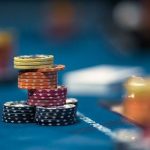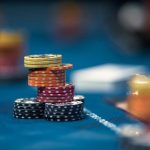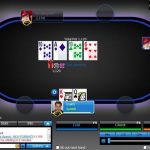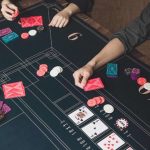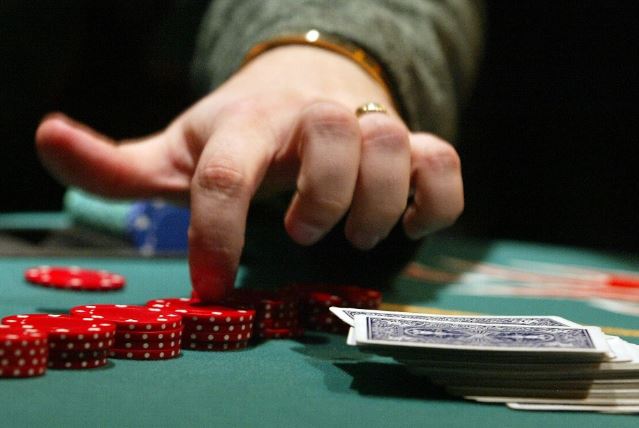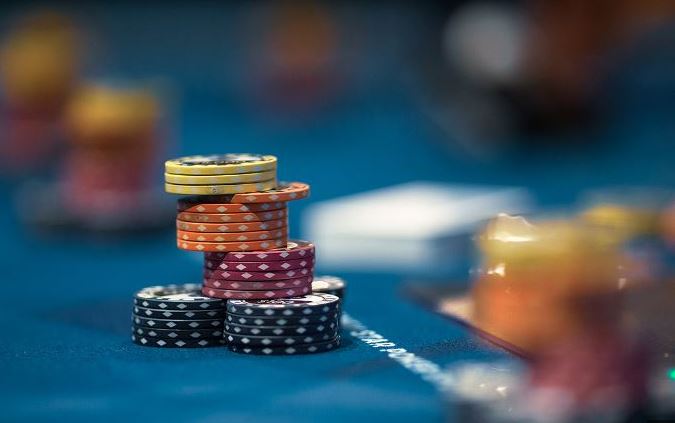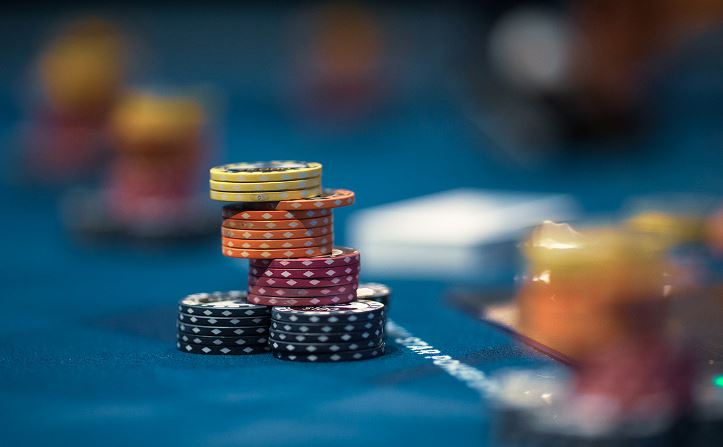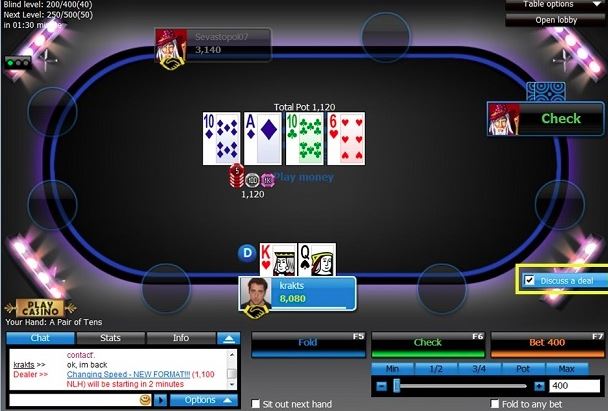Poker has become very common these days and even kids play it at home. For those who love to gamble, or simply enjoy spending time with friends, poker can be quite addictive. If you want to get better at the game, then you should study it thoroughly. The rules are not complex, but they are essential for every player to follow. So without further ado, let’s dive into the most basic aspects of poker that you need to know before you start playing.
Becoming a Poker Player
If you really want to play poker and any game like australian online pokies for that matter, there are some things you need to understand first. You will have to learn how to bluff, read other players’ body language, manage your bankroll, know when to fold, etc. Each of these skills is important if you want to win in poker tournaments. However, we’ll discuss each one individually.
1. Why is card shuffling important?
When we first sit down to play a hand of poker, the dealer will shuffle all the cards together in one big pile. He’ll use his special tool for this purpose. It’s called “the shoe”. This tool looks like an ordinary deck of cards, except that there are no jokers or picture cards. There is just one type of card: a thick metal rod with different-shaped indentations on each end. These indentations act as little cup holders for the cards. As soon as the dealer finishes shuffling, he lays out the whole shebang face up in front of him. From now on, the only way to reshuffle the cards is by taking them out of their cups one by one and moving them around yourself. Shuffling the cards is an integral part of poker.
2. How does bluffing work?
Bluffing is basically the art of making people think you’re holding something good while actually, you aren’t. Bluffers pretend to hold strong hands or tell lies about their holdings so that other players will lose money because of their greediness. Basically, bluffs happen when you make statements that appear truthful but are actually false. There are two types of bluffing: proper bluffing and improper bluffing. Proper bluffing happens when you make statements that are believable but untrue. On the contrary, improper bluffing occurs when you make statements that are true but unbelievable.
3. What is reading people’s body language?
You’ve probably noticed that poker players usually don’t look away from others during the game. They watch every expression on their opponent’s faces and try to determine what they are thinking. In addition to facial expressions, poker players also pay close attention to body language such as whether someone smiles too much, holds a lot of chips, or fiddles with them, etc. Reading body language is crucial to being successful in poker.
4. How do I manage my bankroll?
A bankroll is how much money you are willing to spend on gambling. When you begin playing poker, you must decide how much you’re willing to risk per hour of play. Once you figure this amount out, you can set aside a certain percentage of your earnings to keep in reserve. Your bankroll helps you stay focused on the game and avoid the temptation to go crazy and bet recklessly. Besides, having a healthy bankroll lets you practice responsible gambling. A poor bankroll makes you more likely to overspend and burn through your savings. To help protect yourself against this situation, you must always limit your losses to a fixed fraction of your total bankroll.
5. Is it okay if I call off before the flop?
Some people have a tendency to call off prematurely. If you feel that you cannot afford to gamble anymore, then you should definitely cut your losses and leave the table. However, some people believe that calling off early can be beneficial to them. The key here is to know when you are done betting. Many poker players say that they would rather wait until after the flop than call off earlier. By waiting till after the flop, you give everyone else at the table time to react. So, when you feel that you want to quit, wait til after the flop.
6. Do I need to fold pocket pairs?
It’s not important to fold pocket pairs. You could even consider folding any pair, including pocket tens and nines. Poker is a guessing game, and your goal is to win. But, you need to understand that there will be times when you will get paid less than expected. Therefore, you might as well take the chance to win and see what happens. However, if you get dealt a very unfavorable hand (like losing three straights) but still have a decent pot, then you may want to check instead of raising. Check is essentially saying “no”. Raising is essentially saying “yes”.
Conclusion
Poker is an exciting game of skill and luck. It involves both physical and mental skills, which are combined to create a winner or loser. This article gives you tips and tricks for mastering the game of poker. I hope you found these helpful, and wish you good luck!


